17th April, 2020
By Filippo Muzi-Falconi
Share
Behaviour change that lasts
We have had to radically change our lifestyles in the past few weeks in response to the coronavirus pandemic. Some of us are stuck at home, while others go to work wearing masks and gloves.
We don’t know when a vaccine will be developed, and we have not yet found any effective treatments. This means that we will need to engage in preventative behaviours for many months to come.
In this blog post, we discuss four ways for governments to trigger long-lasting behaviour change, ensuring that we don’t revert back to normal as soon as the novelty of the pandemic wears off.
1.Forming new habits
Many of us are washing our hands frequently and are avoiding surfaces that could be contaminated. But in a couple of months it will be harder for us to remember to keep this up, unless we turn these new behaviours into habits.
Interventions can help develop habits if they induce people to repeatedly perform a particular behaviour in a particular context. Over time, this process allows us to form strong mental associations between behaviours and environmental cues, such that, when we find ourselves in a specific context, we will automatically act in a specific way.
Places where people tend to gather will most likely be unsafe for a while. Think about crowded train stations as an example. As public transport picks up again, commuters ought to start developing the habit of sanitising their hands. Since habits are more easily developed if they piggyback on already existing ones, hand sanitizing stations could be placed right after each tube station barrier. This way, every morning, as commuters set off to work, they may be more likely to develop the habit of sanitizing their hands because doing so will be associated with the already habitual process of tapping through the barriers.
2.Changing how we think
The coronavirus spread so quickly that we are all still making sense of it. The way we think of the virus influences our willingness to adopt preventive behaviours. Take facemasks, for example. In contrast to several other countries, facemasks are not widely used here in the UK. The reason seems to be that most people think they are ineffective. Interventions can have long term effects if they change the thoughts that get in the way of people adopting new behaviours.
Interpretations are an important part of how we form thoughts. We interpret new and unfamiliar events––like the coronavirus––by anchoring them to past events and their respective cultural references. In this process, we use different tools, such as symbols and conceptual metaphors, to understand what is too abstract to experience. A virus is a perfect example of this: we can’t see it, smell it or touch it. It’s no surprise that, around the world, people have referred to the virus as an ‘invisible enemy’ and used the metaphor of ‘war’ to makes sense of this outbreak.
To encourage the adoption of facemasks, people have to believe that they risk contracting the virus and that masks are effective at reducing the virus’ spread. Information alone does not necessarily change how we think, but information presented as a metaphor may help people update their beliefs. In fact, metaphorical messaging is used in health communications because it helps people better conceptualise health risks and adopt preventive measures. Since most of us already interpret the coronavirus as an ‘invisible enemy’, interventions could leverage the current ‘war’ metaphor to conceptualise facemasks as ‘shields’.
3.Harnessing social reinforcements
Should I wear a facemask even though no one else around me seems to be wearing one? Am I being overly cautious or are others downplaying it? We have probably all had similar thoughts at some point. This is because we are strongly influenced by how other people act.
Interventions can have long lasting effects if they manage to harness social processes that reinforce certain behaviours. Social norms, for instance, can trigger such a process. We tend to conform to what the majority of other people do because we feel the need to belong to a group. Interventions that leverage social norms can strengthen certain behaviours overtime as the more people there are who conform to norms, the more salient these norms become. Social comparisons can also prompt a similar process. We have a tendency to compare ourselves to others within our social circles in the pursuit to appear more socially desirable. Interventions that harness social comparisons can continuously reinforce certain behaviours because the more opportunities people have to compare themselves to others, the more they will seek to outperform them to enhance their self-esteem.
Research suggests that interventions that combine both of these social processes can have long term effects. In order to avoid the risks associated with cramming hordes of people inside buses and trains in the future, transport providers could discourage peak time commuting through social norm messaging and social comparisons. For example, they could disclose the average number of commuters that travel during off-peak times and compare individuals’ travel patterns to that of their neighbours.
4.Making behaviours easier to perform
Interventions could incorporate the aforementioned strategies, but still fall short from achieving long term behaviour change. One reason is that there may be practical obstacles that make some behaviours inconvenient, and therefore difficult to sustain over time. Some behaviours can, for example, cost money, or they can––and often do––require time as well as physical and mental effort to perform.
Interventions can have long term effects if they manage to overcome these constraints, making desired behaviours as easy as possible to adopt. One way of doing this is by enhancing people’s motivations. Interventions can motivate people to perform a certain activity by either making it intrinsically enjoyable or by providing external rewards.
For example, tracking and testing people appears to be the most effective strategy to contain the virus in the long run. Governments around the world, including the UK, are considering launching tracking apps as a response to containing the coronavirus. These apps will involve regularly self-reporting and monitoring our health states, which is likely to require considerable time and effort. To overcome these obstacles, interventions should aim to make tracking apps more engaging and motivating. In practice, this can be done by integrating tools that are commonly used in games, such as points that unlock rewards and performance feedback features. Game design features are increasingly used to motivate people to monitor their health and could also be used to help contain this virus.
All in all, the four strategies outlined all hold the potential in triggering long-lasting behavioural changes, but policies adopting these measures would prove more effective when incorporating them simultaneously.

